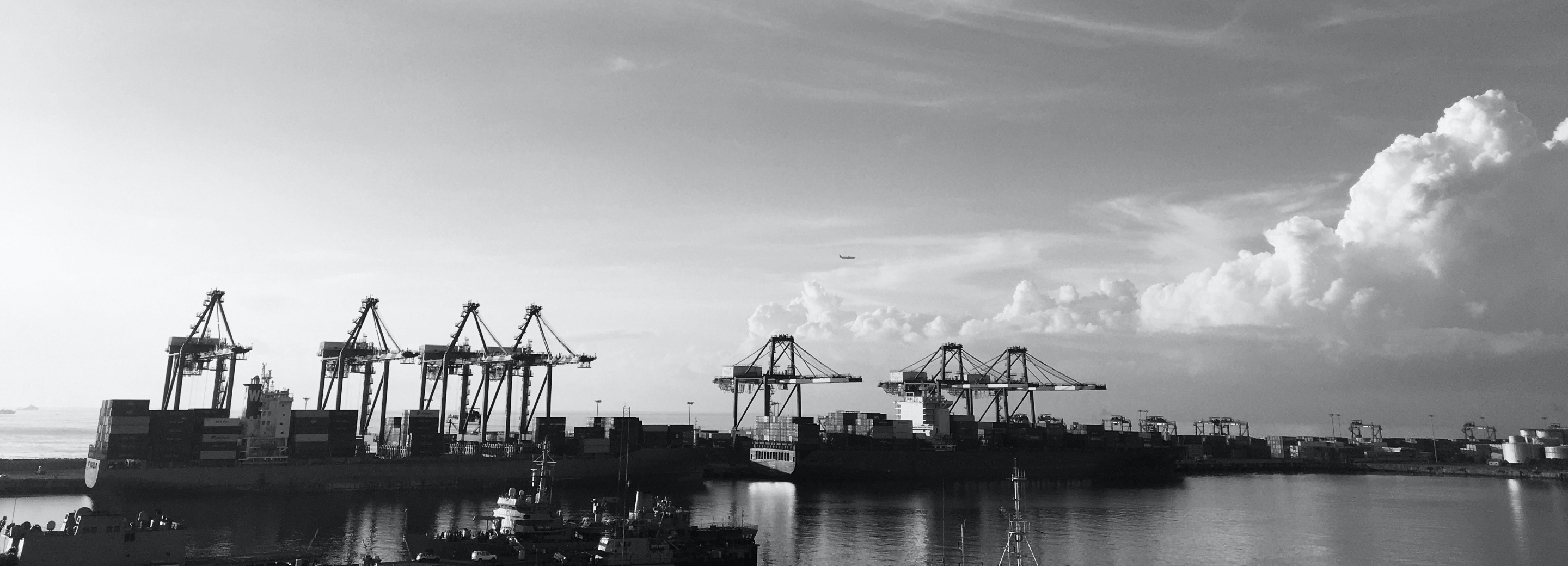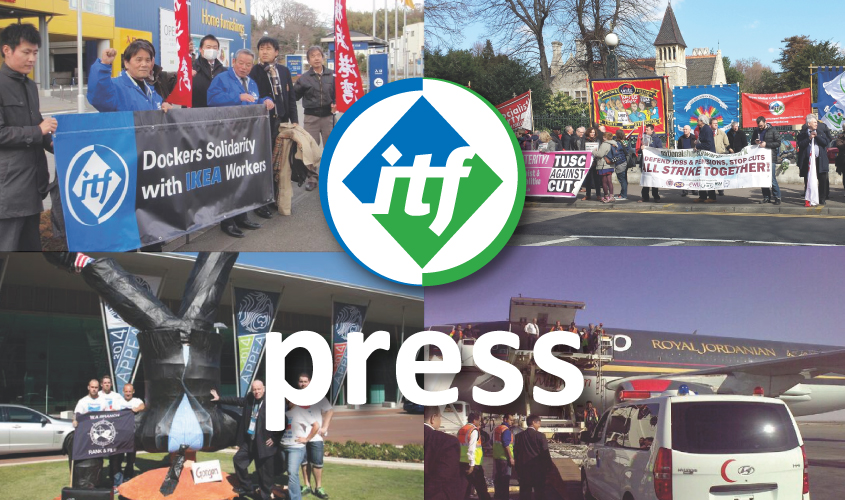
The International Transport Workers’ Federation (ITF) is today holding an investor briefing with United States Stock Exchange analysts in New York to explain why energy giant Chevron’s Gorgon project in north-western Australia is over-budget and delayed.
The ITF is working closely with its affiliate, the Maritime Union of Australia (MUA), as part of a global campaign to build awareness over delays and cost overruns on the project which was originally costed at USD37 billion but has now blown out to USD54 billion.
Local company management and business lobby groups have unfairly blamed the MUA for problems on the Gorgon project, as the union seeks to negotiate a new Enterprise Bargaining Agreement for maritime workers working in the offshore oil and gas sector.
A new report, released today offers a thorough analysis of the project's issues to date.
Download the report from http://www.nationalinterest.com.au.
Watch a video about Chevron mismanagement of the Gorgon project at http://youtu.be/OIKRVjxiYuA.
The report, undertaken by Bradon Ellem, Professor of Employment Relations at the University of Sydney Business School, found the Gorgon delays and cost blowouts are due to a range of logistical factors and poor management decisions, with unions and IR playing a negligible role overall.
The report, entitled 'What is Happening on Chevron’s Gorgon Project?' has found that not only are wages a small part of the costs, most of the figures used in public debate have been misleading.
Its findings run contrary to local Chevron management and business lobby groups’ commentary around the project. Instead, the massive blowout in costs are mainly due to logistical delays. Such delays are common with megaprojects, the report finds.
These findings are consistent with research undertaken by BIS Shrapnel found that the wages of maritime workers make up less than one percent of the USD54 billion cost of building Gorgon.
The University of Sydney report also found that workers on the project have been frustrated with a lack of consultation from management, which could have potentially prevented many of the delays.
“If you read much of the commentary surrounding Gorgon's problems you would have to conclude that its issues circulated primarily around labour law, labour unions, labour costs or labour effort,” ITF President and MUA National Secretary Paddy Crumlin said.
“Yet when you actually conduct some in-depth research on the topic the findings bear little resemblance to these reports. The unsurprising reality is that workers on the Gorgon project want it to succeed every bit as much as management.
“When you start interviewing them you find out that they are just as frustrated with many of the delays - delays they believe could have been avoided had management consulted with them in a cooperative manner, instead of using them as scapegoats.
The report has presented numerous examples of how time and money could have been saved through closer engagement with the workforce.
“There is a lesson in this not just for Chevron, but also media commentators pushing for IR deregulation as some sort of economic panacea,” Mr Crumlin said.
“The real key to unlocking workplace productivity is through engagement and consolation between management and workers - not screwing down wages and conditions in an adversarial environment.
“Chevron should sit down with the unions to develop a sustainable and functional relationship with its workforce.”
Quick Facts
• The Gorgon project is the single largest foreign resource project in Australia.
• For Chevron it is one of the largest LNG projects ever.
• At present it is the company's single largest upstream project and could add somewhere between $40-60 billion US a year in revenue.
• Chevron is releasing information that first gas will be on target for the middle of 2015.
• In each of the past two Decembers, Chevron has released new information about Gorgon increasing the projected cost of the project and delaying the timing of first gas delivery.
• Originally costed at USD37 billion, the budget is now running at USD54 billion.
• Originally scheduled to have ‘first gas’ in 2014, there are growing concerns about delay, with 2015 the most optimistic start-up date.
• Shell, one of the project’s joint venture partners, believes the date could be at least 2016 and as late as 2018.
ENDS
For more information please contact: Darrin Barnett +61 428 119 703
International Transport Workers' Federation - ITF:
HEAD OFFICE
ITF House, 49 - 60 Borough Road, London SE1 1DS
Tel: + 44 (0) 20 7403 2733
Fax: + 44 (0) 20 7375 7871
Email: mail@itf.org.uk
Web: www.itfglobal.org
